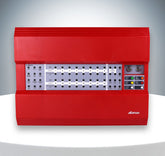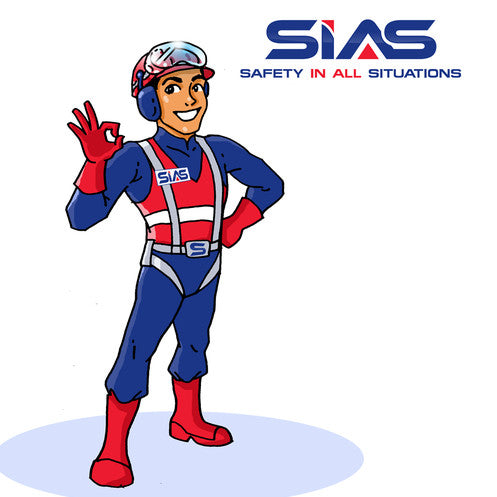FM200 vs CO2 Fire Suppression Systems – Which One Should You Choose?

FM200 (HFC-227ea) and CO2 (Carbon Dioxide) systems. While both effectively suppress fires, they differ in application, safety, and cost considerations. This guide breaks down the key differences to help you make the right choice for your facility.
1. What is FM200?
FM200, also known as HFC-227ea, is a clean agent fire suppression system designed to extinguish fires rapidly without leaving any residue.
- Discharge Time: Within 10 seconds.
- Effectiveness: Extinguishes Class A, B, and C fires (solid, liquid, and electrical).
- Residue: No residue, safe for sensitive electronics.
- Human Safety: Safe for occupied spaces.
Common Uses in Ghana:
- Data centres & IT rooms
- Hospitals & laboratories
- Telecommunication facilities
- Museums & archives
2. What is a CO2 Fire Suppression System?
CO2 systems use carbon dioxide gas to displace oxygen in the protected area, suffocating the fire.
- Discharge Time: 60 seconds or less.
- Effectiveness: Suitable for Class B and C fires (flammable liquids and electrical equipment).
- Residue: No residue, but oxygen depletion can be dangerous to humans.
Common Uses in Ghana:
- Industrial manufacturing areas
- Power plants & transformer rooms
- Paint spray booths
- Engine rooms & turbines
| Feature | FM200 | CO2 |
|---|---|---|
| Safety for Humans | Safe in occupied areas | Dangerous – room must be evacuated |
| Speed | Discharges in 10 seconds | Discharges in ~60 seconds |
| Residue | None | None |
| Space Requirement | Moderate cylinder storage | More cylinder storage required |
| Environmental Impact | Low ODP (Ozone Depletion Potential = 0) | Neutral (uses naturally occurring gas) |
| Cost | Higher initial cost | Lower equipment cost |
| Maintenance | Moderate, annual servicing required | Moderate, frequent refilling needed |
4. Which One Should You Choose?
- Choose FM200 if: You have occupied areas (e.g., data centres, hospitals, control rooms) and need rapid fire suppression with minimal disruption.
- Choose CO2 if: Your space is unoccupied or industrial (e.g., electrical switch rooms, turbines) and cost-effectiveness is a key factor.
Conclusion
Both FM200 and CO2 fire suppression systems are reliable, but the right choice depends on your facility type, occupancy, and budget. For most modern, occupied facilities in Ghana, FM200 is the preferred solution due to its safety and clean discharge. However, for heavy industrial areas where people are not present, CO2 remains a cost-effective and efficient option.
- bank fire suppression solutions Ghana
- clean agent fire suppression Ghana
- CO2 fire suppression systems Ghana
- data centre fire protection Accra
- fire safety companies in Ghana
- FM200
- FM200 Fire Company in Ghana
- FM200 fire suppression systems Ghana
- FM200 Installer Company in Ghana
- FM200 Refilling
- FM200 Servicing










